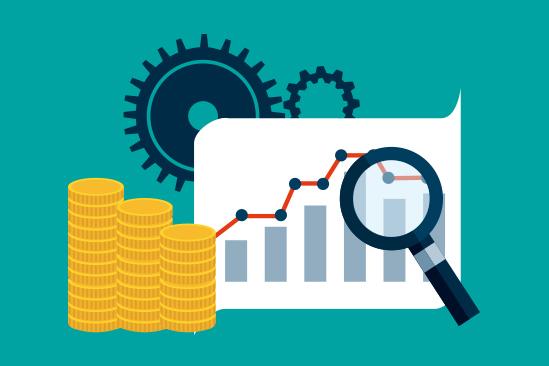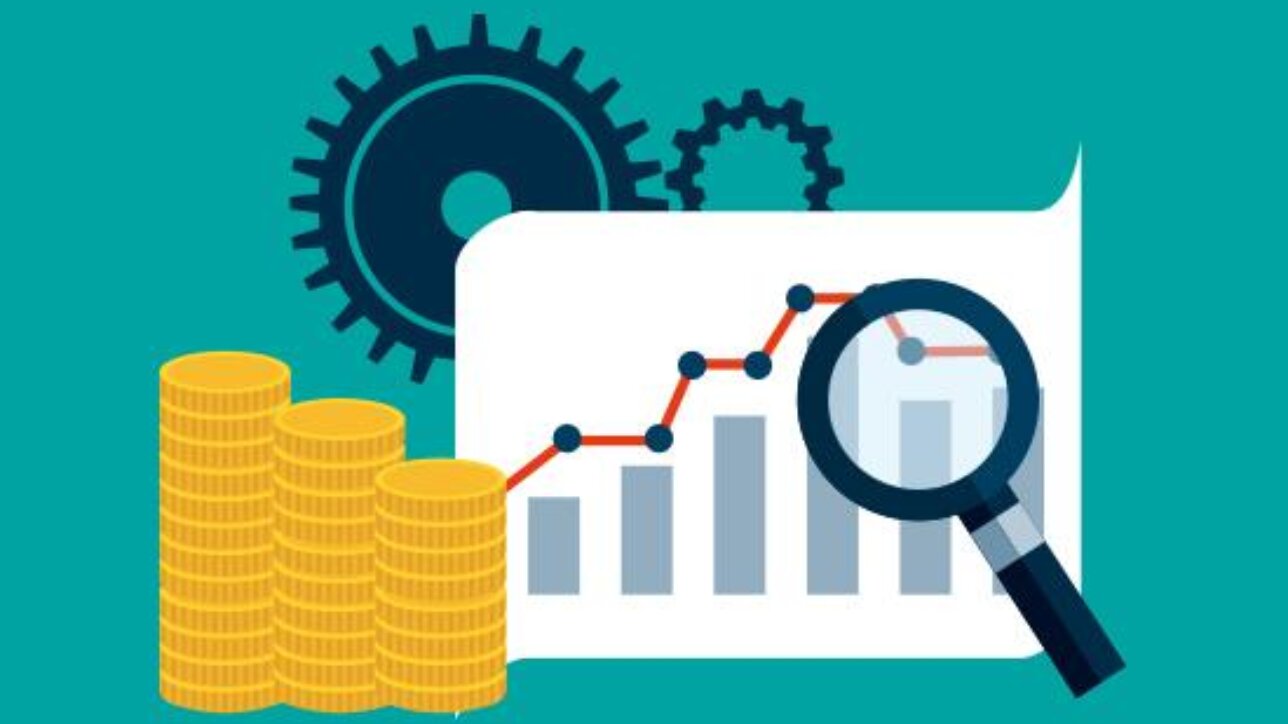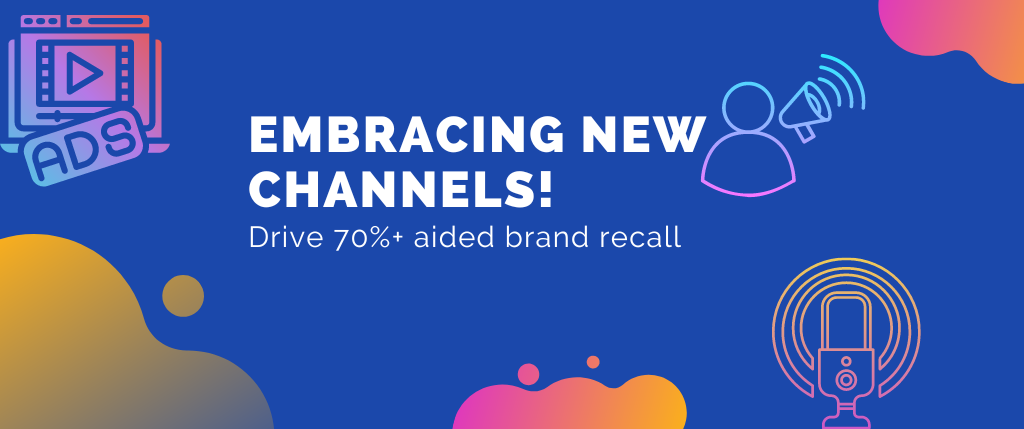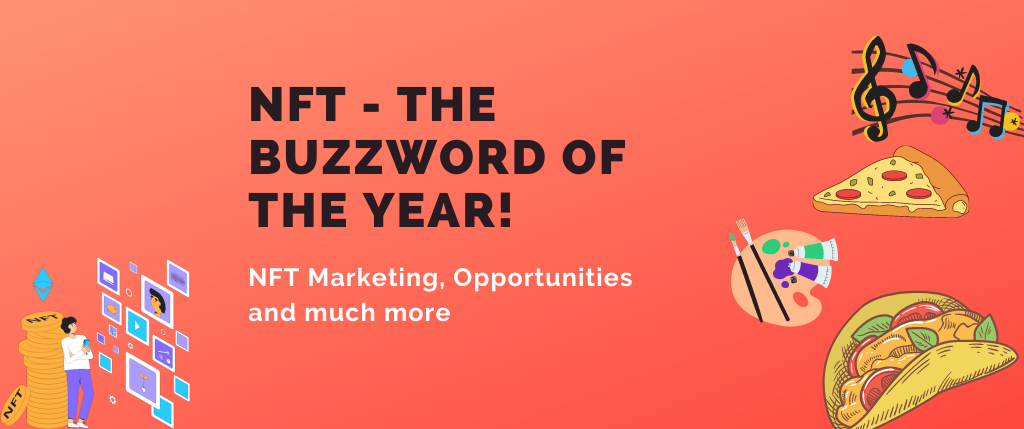Ever since big data really took off, savvy B2B marketers took notice and became leaders in data-driven marketing, improving every aspect from how they cater to potential customers all the way to higher ROI and everything in between. While it’s not a brand new concept, data-driven marketing is new enough to yet see wide scale adoption.
In this post, you’ll find 5 ways that show the power of data when it comes to raising your marketing strategy to the next level. Before we begin, just a small reminder: in order to effectively utilize data to build on your marketing efforts, you need to have the right tools in place, otherwise, data will be a string of random numbers and words that don’t provide actionable insights. Here we go.
1. Refined buyer personas
For a marketing manager to prove his/her worth, one of the primary assignments is creating accurate representations of relevant buyer personas (semi-real representations of your ideal clients) and specifying all the little things that would make them engage with your campaigns. This is important because marketers who use personas and map content to the buyer’s journey enjoy 73% higher conversions from response to marketing qualified lead (MQL), as opposed to companies that don’t pursue this approach.

Image credit: elcuartel.es
In order to accurately understand your audience and tailor your messages accordingly, you should use different data points and data enrichment to supplement your existing efforts. Apart from the firmographics such as company size, revenue, geolocation, and alike, it’s also important to know your prospects’ position as much as possible: what they do within the organization. Beyond basic knowledge about a company and the relevant position holder in question, it’s critical to understand their needs, motivations, and challenges: what are their problems, what drives them towards their goals, and how your solution can help ease their pain point(s). Also, don’t forget to check your sales team’s data as they are on the front lines of customer interaction and have valuable information.
2. Improved/personalized lead nurturing
A data-driven marketing strategy allows the lead nurturing process to be more personalized and make your relationship with prospects a meaningful one. You can’t treat everyone the same (you can, but you’ll waste precious time and resources) as your target audience is at different points in their customer lifecycle. Your nurturing efforts through segmentation and targeted communication are only as good as the data you base it on. Without relevant and accurate data, you could run into a lot of obstacles, some of which could be too hard to navigate around.
For instance, data such as tech stack overview and tech adoption history of a SaaS company can reveal their business focus and their buying habits, telling you their entire story that you can, in turn, use to personalize the conversation as they move along the marketing funnel. This will speak volumes to your prospect and bring them value, all the while increasing the likelihood that they will stay invested in what you have to say.
3. Better tailored campaigns
Content needs to be relevant and of value to your target audience. If not, the time invested will count for nothing. Data can save you here: it can help you fine-tune your message so that your marketing efforts achieve their goals every time. No more wondering how your public is going to receive and react to your marketing campaigns and messages. Once more, it’s all about personalization: helping your prospects envision their daily operations with your solution, making them feel it’s exactly what they’re looking for.
For example, tracking your prospects in real time empowers you with instant knowledge and provides you with further insights as to where they are funnel-wise. Remember: personalized and contextually relevant marketing is now considered more of a standard package and less of an optional feature.
4. Better budget management
Ensuring that Marketing stays within budget while delivering the targeted return on investment is one of those neverending battles that CMOs have to fight. Let’s face it – budget management will always be an issue, especially with a changing marketing landscape. With data, the entire marketing strategy becomes more focused and attuned to potential customers, allowing you to stay within the predefined lines.

Image credit: KPMG
Is the level of your social media engagement generating enough revenue? Is your content marketing effort paying off and adding to the cashbox? Are your paid media ads worth the additional expense? Relying on data can provide you with necessary insights to get a clear picture of the ROI for each of your marketing undertakings. Knowing what is resulting in a worthwhile ROI and what isn’t, you save considerable money by doing more of what interests or engages your audience and avoiding the rest. Plus, data is also a heck of a time saver as your marketers will focus on the good stuff and not waste time catering to prospects who have zero chance of becoming customers.
5. Gain a competitive advantage
Finally, all of the previous four points can be easily summed up in two words – competitive advantage. The prowess of knowing how you measure against your competition, its vulnerabilities, as well as how you can exceed its marketing initiatives is the power that different marketing data supplies businesses with. It’s in the marketing’s nature to focus on what’s for sale, which is why it’s so important to take a breather every once in awhile and think about what do customers want.
We’ve mentioned the technology stack before. It’s an invaluable source of knowledge you can also use to see if your prospect is using a competitor’s solution or if they have a stack which is compatible with your product. This lets you understand just how a specific technology is utilized and how you can help with your solution. Search engine data is another type of marketing data you can use to edge in front of your competitors by learning which keywords they are ranking for and their position in search engine rankings.
There are lots of examples where data can help you pull a fast one on your competitors, whether it’s starting a campaign a bit faster, refining your target audience or just creating a better-tailored content. Data is a force to be reckoned with that marketers can channel to make headway in their marketing strategy.




